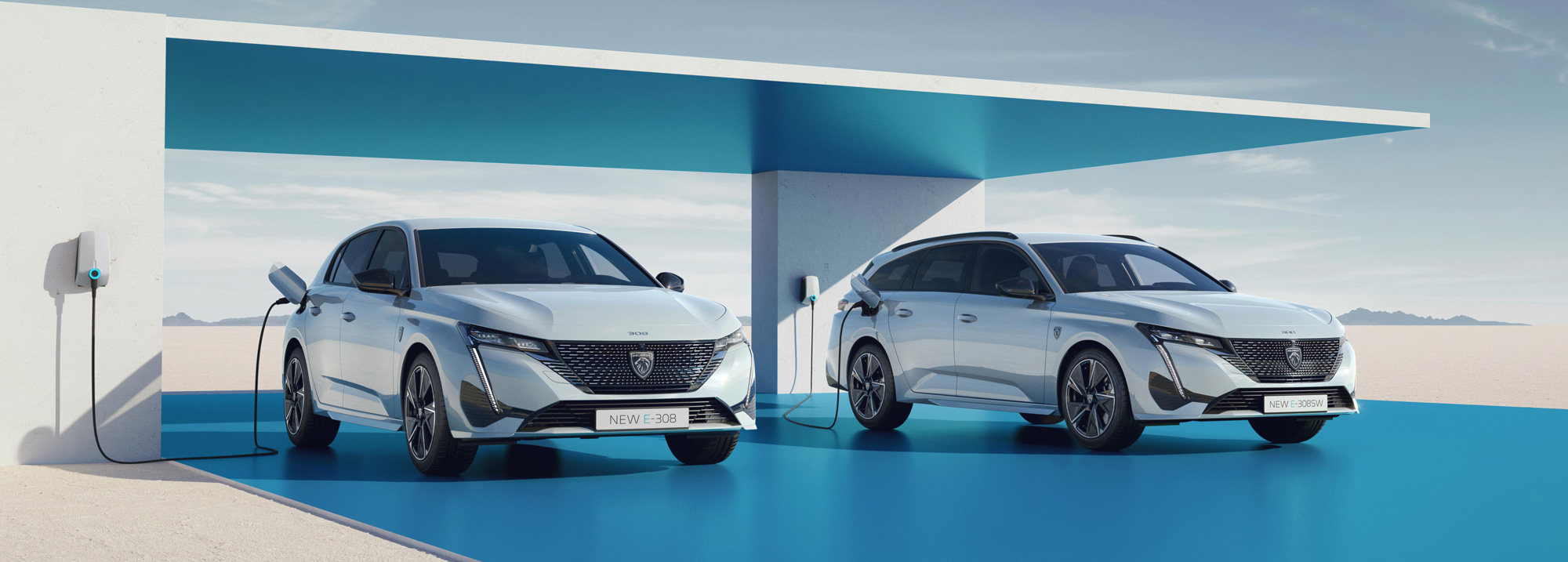

An Ambitious Decarbonization Strategy
The global race to cut emissions to zero is a vital step to tackle climate change, and Stellantis intends to be a front-runner. A huge undertaking possible only by reconsidering how we produce, consume, and move around. Transport has traditionally been heavily reliant on fossil fuels, which accounted for more than 90% of the sector’s energy needs in 2020(1). In the same year, it was the third main source of total carbon dioxide emissions, emitting over 7 Gigatonnes of CO2(2). As stated in the 2015 Paris Agreement, temperature increase needs to be limited to 1.5°C above pre-industrial levels to prevent the worst impacts of climate change and preserve our planet.
As the automotive industry accelerates change to avert climate and ecological threats, Stellantis’ Dare Forward 2030 strategic plan implements a pathway consistent with science-based recommendations to achieve this critical target. With aggressive and clear targets, the plan sets out deep emissions cuts to slash CO2 in half by 2030(3), benchmarking our 2021 metrics, and achieve carbon net zero by 2038 with single digit percentage compensation of the remaining emissions(4).
For an update on our progress, check out our Daring for Zero series.
(1) and (2) International Energy Agency
(3) Scopes 1-2-3 intensity - tons of CO2 equivalents per vehicle
(4) The achievement is conditioned by key external enablers: decarbonized energy (based on Announced Pledges Scenario from International Energy Agency), and conducive public policies for BEV (charging infrastructure, purchasing incentives)
A Holistic Approach to Climate Change
Stellantis' strategy to achieve Carbon Net Zero by 2038 is focused on three main areas:
Vehicles:
- Aggresive electrification roadmap
- Cutting-edge technologies
- Integrated battery ecosystem
- Innovative mobility solutions
- Circular economy business
Supply Chain:
- Optimized logistics
- Strong supplier involvement
Industrial and Sites:
- Responsible energy management
- Pioneering real estate management


*with single digit percentage compensation of the remaining emissions
A Threefold Strategy to Reduce Our Carbon Footprint
Our push to net zero addresses all sources of greenhouse gas emissions, from Vehicles to Supply Chain, and Industrial and Sites. We identified nine critical activities to reduce our carbon footprint across Scopes 1, 2 and 3, implementing different practices and technologies that limit compensation to the bare minimum.
As the world enters a hopeful new era for climate action, Stellantis is leading the industry’s transition toward a carbon net zero future and expects all stakeholders to be aligned, starting with clean energy supply.
Note: Scope 1: GHG emissions that occur from sources owned or controlled by the Company; Scope 2: GHG emissions released from the generation of purchased energy consumed by the Company; Scope 3: GHG emissions that occur from sources not owned or controlled by the Company
Daring for Zero
Watch the “Daring for Zero” series, where some of our teams recount how they are delivering on our Dare Forward 2030 commitments and bringing us closer to achieving our ambition to be Carbon Net Zero by 2038.





